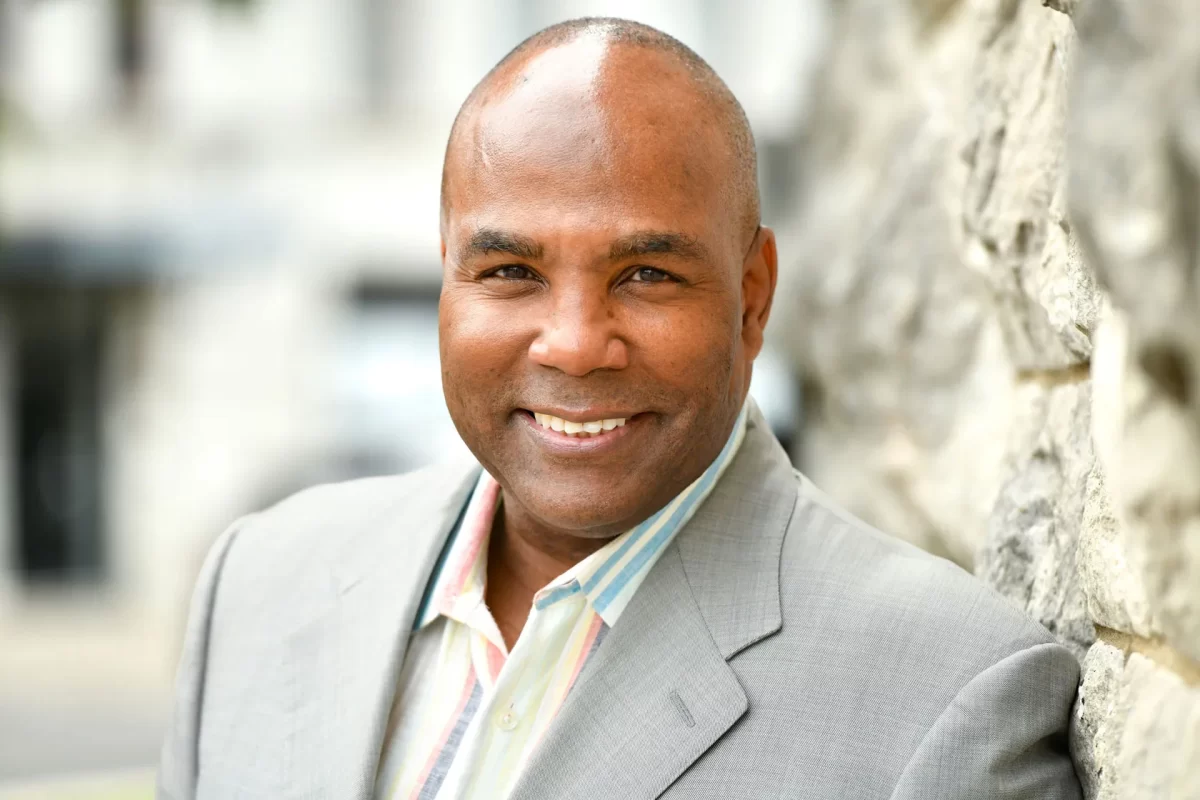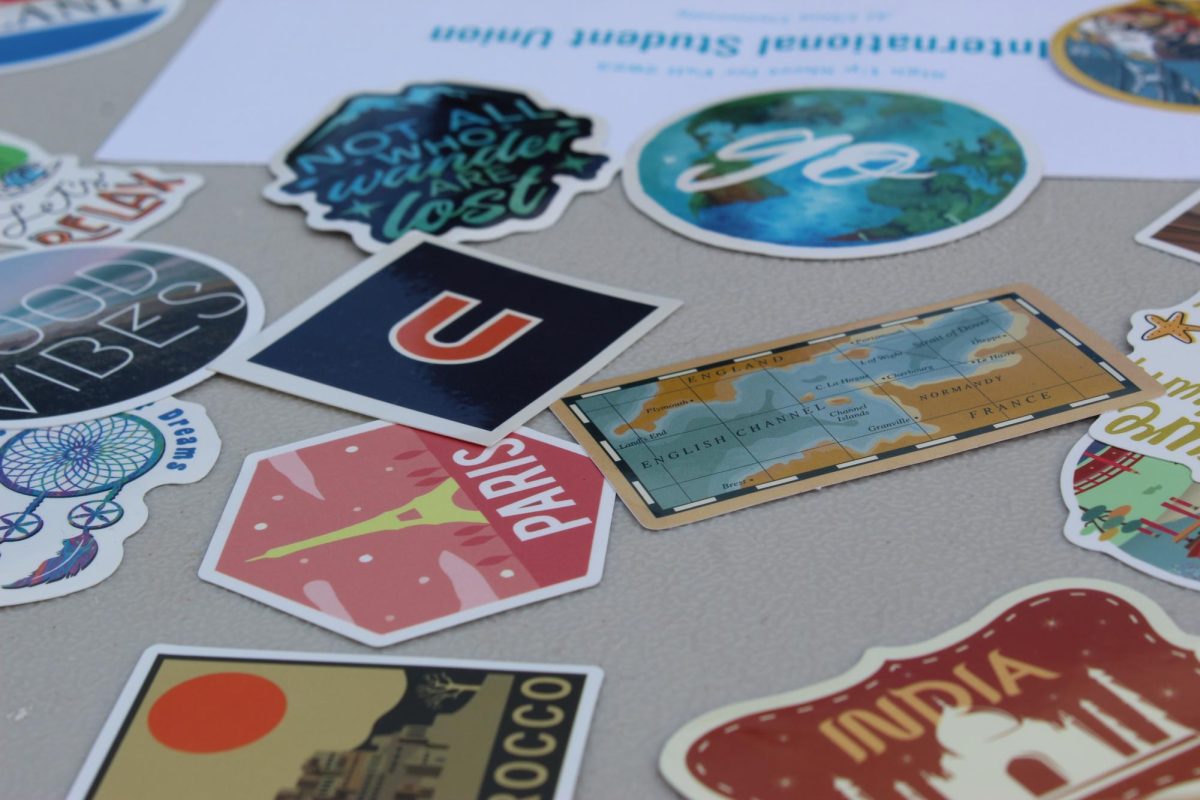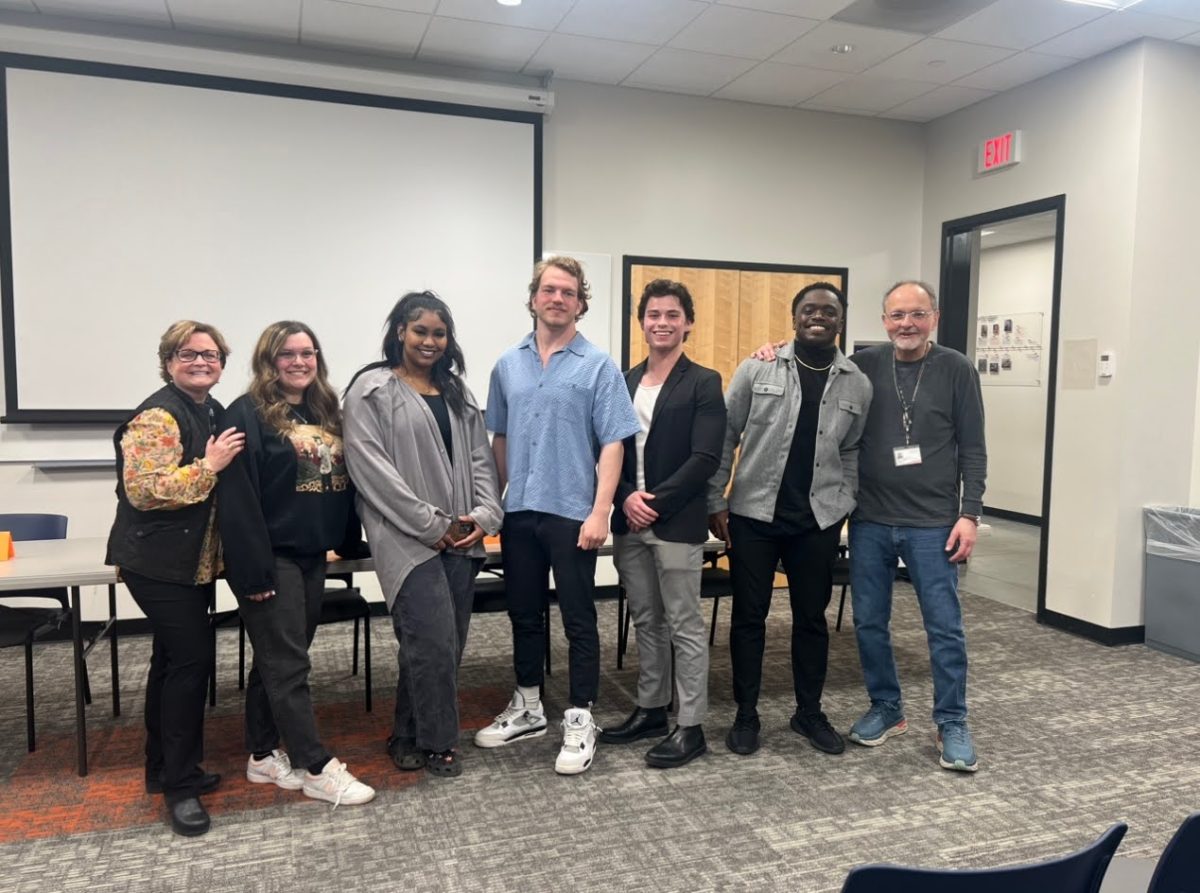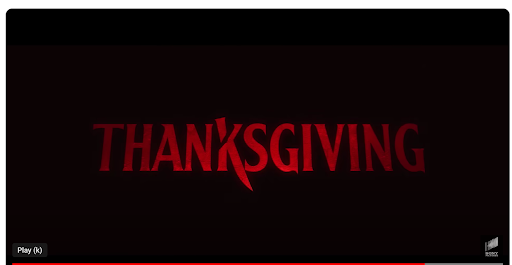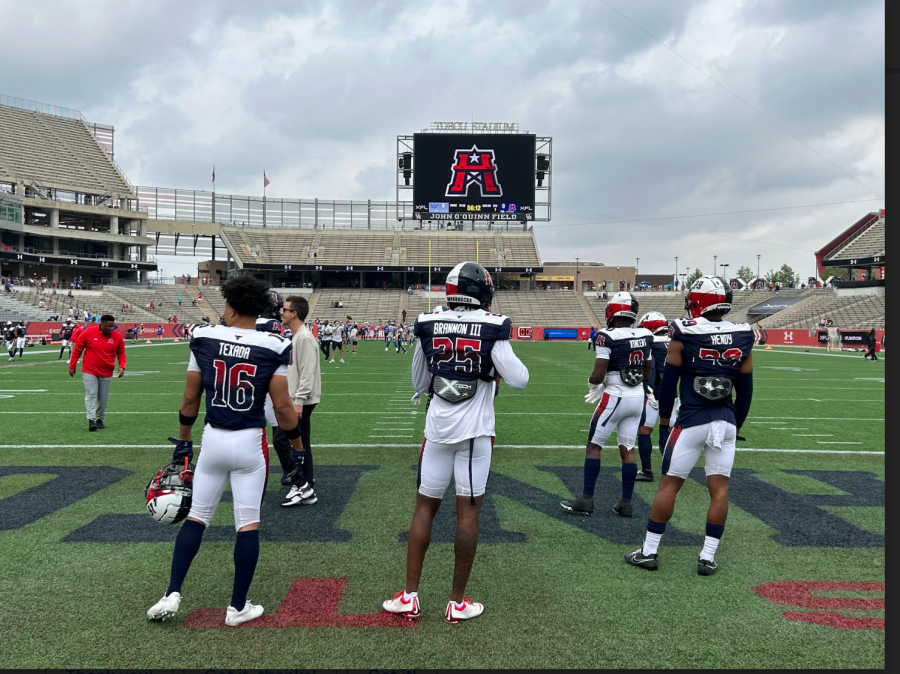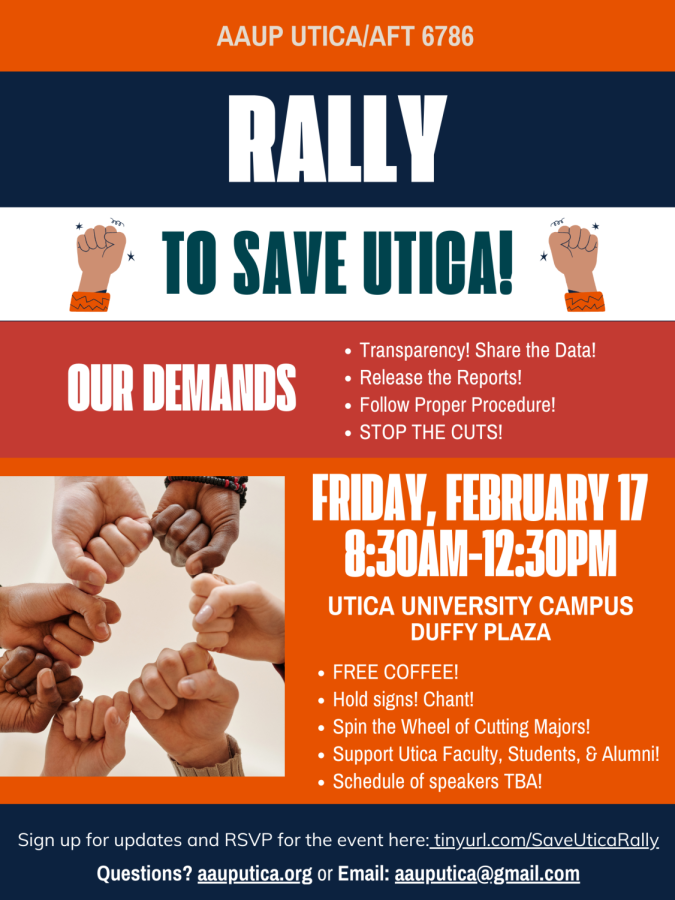Halloween’s allure, aside from all the free candy, is experiencing a fun sense of fear.
Most enjoy the adrenaline rush of a good scare. A haunted horror attraction like Utica’s Cayo Industrial, or watching horror movies will usually do the trick.
But for those seeking a fright this season, look no further than out the front window. Reality can be just as terrifying as fiction.
So shelve the fake cobwebs and plastic spiders for a moment. Here are five real things to be afraid of this Halloween.
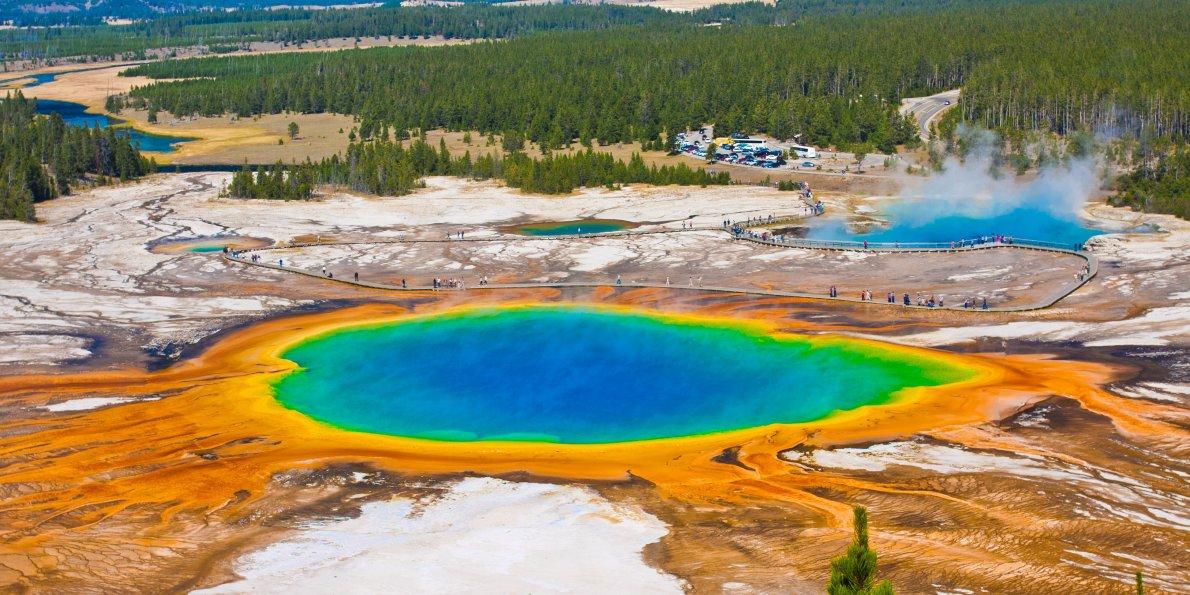
Supervolcanos
An ancient giant sleeps under Yellowstone National Park in northwest Wyoming. The park and its remarkable hot springs and geysers such as Old Faithful, are a hint as to what lies below the fragile surface.
Yellowstone sits atop of an active super volcano. A major eruption has occurred every half a million years or so, with the last one 650,000 years ago.
In geological terms, an eruption is overdue. And a recent uptick in activity under the Yellowstone Caldera has some worried.
Recent findings by Christy Till, a researcher at Arizona State University, suggest that volcanic activity under the park can ramp up much quicker than previously thought.
“It’s shocking how little time is required to take a volcanic system from being quiet and sitting there to the edge of an eruption,” said Hannah Shamloo in an interview with the New York Times. Shamloo is a grad assistant who worked on the volcanology research with Hill.
Sean Martin discussed the terrifying damage that the Yellowstone volcano is capable of in an article he wrote for Express.
“If the volcano were to erupt, it could cause global catastrophe, particularly in the United States where it would instantly kill 87,000 people and make two-thirds of the country immediately uninhabitable as the large spew of ash into the atmosphere would block out sunlight and directly affect life beneath it,” Martin wrote.
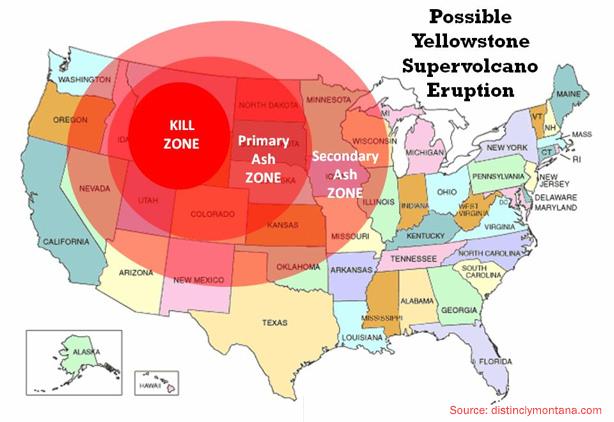
Cities like Denver would be covered in feet of searing volcanic ash.
The eruption’s ash clouds would blot out the sun and cause a volcanic winter. Crops would fail, and likely cause mass starvation. It remains unseen whether the United States could survive such a catastrophe.
An eruption may not occur for thousands of years and given the vast timeframe it is unlikely to happen within this lifetime.
“Fortunately, the Yellowstone volcanic system shows no signs that it is headed toward such an eruption in the near future. In fact, the probability of any such event occurring at Yellowstone within the next few thousand years is exceedingly low,” according to the U.S. Geological Survey.
Still, it is scary to think that the end of the world as we know it is just one massive volcanic event away.
Censorship of the press
A more immediate cause of fright for anyone concerned with their rights should be President Donald Trump’s repeated threats against the press.
“It is frankly disgusting the press is able to write whatever it wants to write,” Trump said.
On Oct. 12, Trump tweeted that he intends to challenge the licensing of broadcast media companies such as NBC, on the grounds that they spread “fake news,” which he says is “bad for the country.”
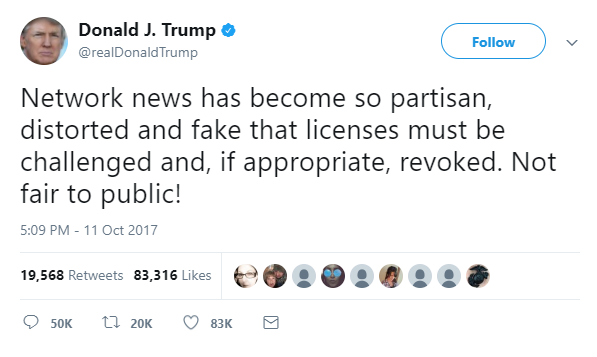
Trump has sparred with the media since the early days of his presidential campaign, and indeed, there is no love loss on either side.
His coercive tweet proclamation challenges the First Amendment right to free press and speech.
Censorship of the press could lead to a scary scenario. If NBC’s broadcasting license were revoked on Trump’s order, it’s anyone’s guess what this would empower him to do next. It could be a slippery slope right down into a George Orwell novel.
Social media is a major contributor to news. Everyone is the media. Any threat to censor the media should be perceived as a threat to the freedom of speech of every citizen.
Assistant Professor of Journalism Brett Orzechowski thinks that Trump’s ignorance is scarier than the thought of silencing the press, though.
“What this comes down to is 45 not understanding how the First Amendment works — that’s scary.”
Orzechowski explained that other forms of censorship probably pose a more serious threat. “I’m more concerned about the regulatory nature of the FCC and net neutrality,” he said.
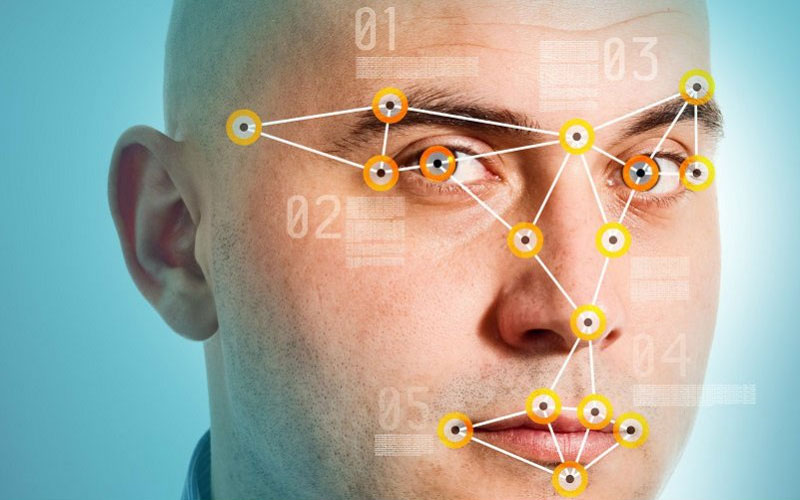
Facial Recognition Software
Today, Apple opens preorders for the iPhone X, (aka iPhone 10, apparently they skipped number 9) for the bargain price of only $999.99.
Apple has scrapped its fingerprint unlock feature on the iPhone X, and replaced it with Face ID. It uses facial recognition technology to analyze unique facial patterns and unlock the device.
This technology is something that anyone considering purchasing the iPhone X should be fearful of.
The Fourth Amendment says people have the right to “be secure in their persons, houses, papers, and effects, against unreasonable searches and seizures.”
Edward Snowden’s 2013 disclosure about the NSA’s PRISM program shows that personal data is collected in masse and often without a warrant.
According to the leaks, companies including Apple are ‘PRISM providers’. In other words, they willingly provide customer information to the NSA. Apple has denied involvement.
Facial recognition software will likely exacerbate the problem of domestic spying — putting a face to the name, so to speak.
Aside from spying risks, thumbprint and FaceID make it easier to physically force someone to unlock a device. At least pin numbers can be tightly locked away in the brain.
There is no user benefit of facial recognition software, said Austen Givens, assistant professor of Cybersecurity. It only empowers governments and others to spy.
“Facial recognition software offers virtually no benefits for consumers beyond the ‘gee-whiz’ factor. Government’s, advertisers, and other bad actors can easily abuse this software to threaten our freedoms,” he said.” I firmly oppose the use of facial recognition software, in any form, and for any purpose.”
Apple, however, doesn’t seem to have an ethical problem with this technology.
In terms of advertisement, social media companies like Facebook, Instagram and Snapchat sell your information to data brokers, who then resell it to advertisers. It’s all in the terms and conditions. There will most certainly be a market for biometric data in the future, to allow targeted advertising in real time.
So the next time Snapchat uses your biometrics to add dog ears or a cutesy flower headband to your face, think about what is being sold in exchange for that brief moment of amusement. Or at the very least, read Snapchat’s terms of service before using.
Civil Asset Forfeiture
In July, Attorney General Jeff Sessions approved a federal policy that will strengthen a policing method called civil asset forfeiture.
Civil asset forfeiture is a fancy way to say theft. It gives police the right to seize personal assets, including cash, cars, houses, anything – if only suspected of a crime. This places a great deal of power in the hands of the police and out of the judicial system, where people are innocent until proven guilty.
This isn’t some crackpot theory. It’s the law. The. Police. Can. Take. Your. Money. Without. Any. Reason.
As it happens, it’s been a cash cow for police departments across the nation since 9/11.
The Washington Post investigated the controversial policy in 2014 and found that abuse of asset forfeiture was rampant and that profits from the seizure of assets were used to buy cars and other luxury items.
The Post reported that “61,998 cash seizures made on highways and elsewhere since 9/11 without search warrants or indictments through the Equitable Sharing Program, totaling more than $2.5 billion,” — and that was in 2014.

A recent example of asset forfeiture was caught on tape in a viral video of a Berkeley Police Officer taking money out of a hot dog vendor’s wallet, because the vendor didn’t have a permit. The vendor was also issued a ticket.
An onlooker spoke out in defense of the vendor, who looked stunned and sad. “This is law and order in action,” the officer said.
So when carrying cash, be wary that the police might get “suspicious” and seize it.
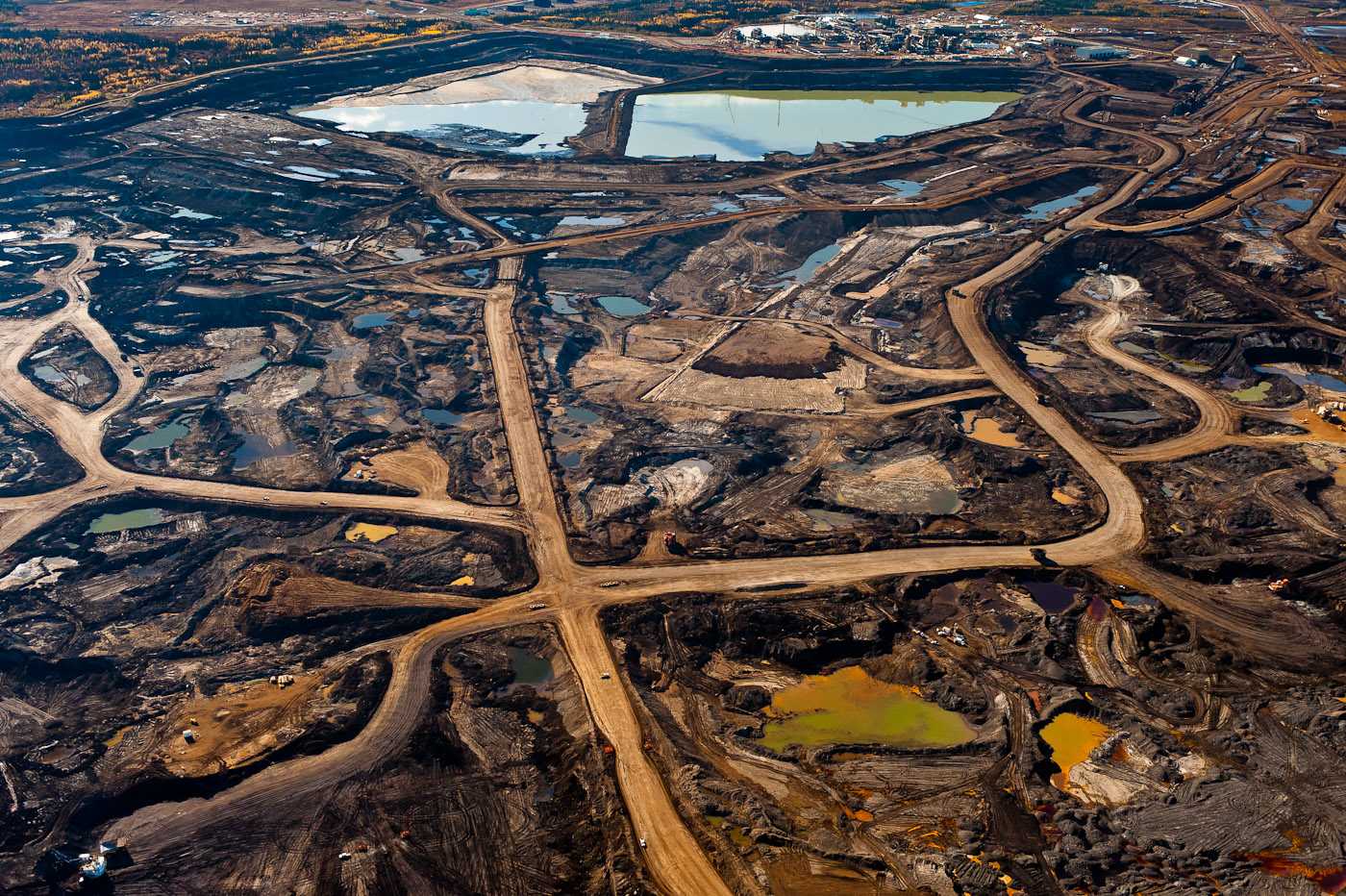
Anthropocene
Money, freedom of speech and fancy technology probably won’t be of any use if everyone is dead.
There have been five mass extinctions in Earth’s history so far. The first one was half a billion years ago, and the last one happened about 65 million years ago when the dinosaurs bit the dust. The three in between were the result of massive volcanic eruptions and climate change. All of these events wiped out the majority of life on the planet.
Some scientists believe that humans have triggered a sixth mass extinction event, coined the Anthropocene.
According to The Guardian, the Anthropocene is signaled by a rapid increase in the extinction rate of plants and animals. Causes of the extinction are carbon dioxide emissions, which alter global temperatures, fertilizer runoff that causes ocean dead zones, deforestation and plastic litter which permeates every inch of the planet.
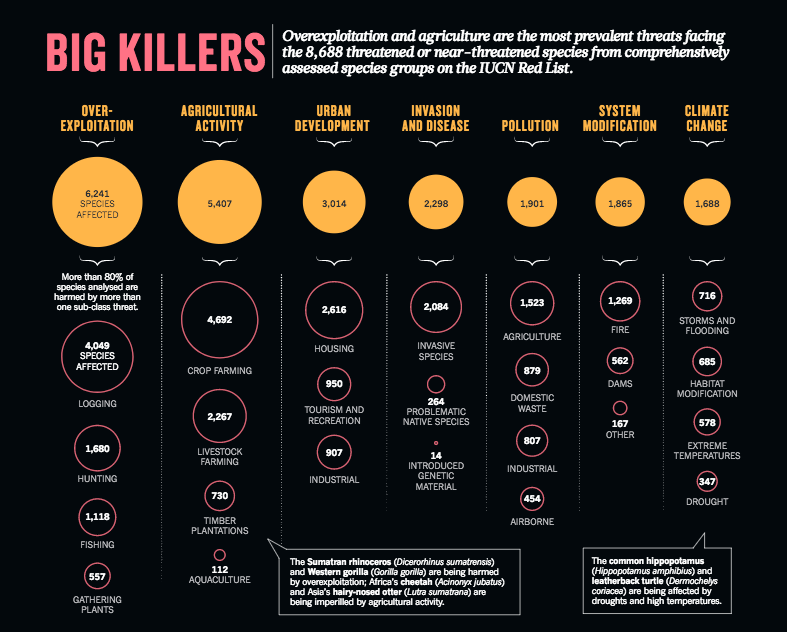
Oil companies like Exxon Mobile have been researching climate change perhaps longer than anyone and have known about its existence since the early 1980s. And yet, their actions protect their own financial interest, not the planet.
Exxon and other energy giants fund lobbying and public relations to downplay and in some cases reject the existence of climate change. And it doesn’t help that the Trump administration seems to shrug off climate change as a non-issue, withdrawing from the Paris Climate Agreement and even appointing former Exxon CEO Rex Tillerson as the Secretary of State.
Native American filmmaker Alanis Obomsawin said “when the last tree has been cut down, the last fish caught, the last river poisoned, only then will we realize that one cannot eat money.” Now that’s scary.
—
So, while Yellowstone erupts and the state-run media censors it, while biometric data is used to arrest citizens without probable cause and seize their assets without due process, just remember the bright side, we are all going extinct, — and of course, have a Happy Halloween.


















![President Todd Pfannestiel poses with Jeremy Thurston chairperson Board of Trustees [left] and former chairperson Robert Brvenik [right] after accepting the universitys institutional charter.](https://uticatangerine.com/wp-content/uploads/2023/10/unnamed.jpeg)





